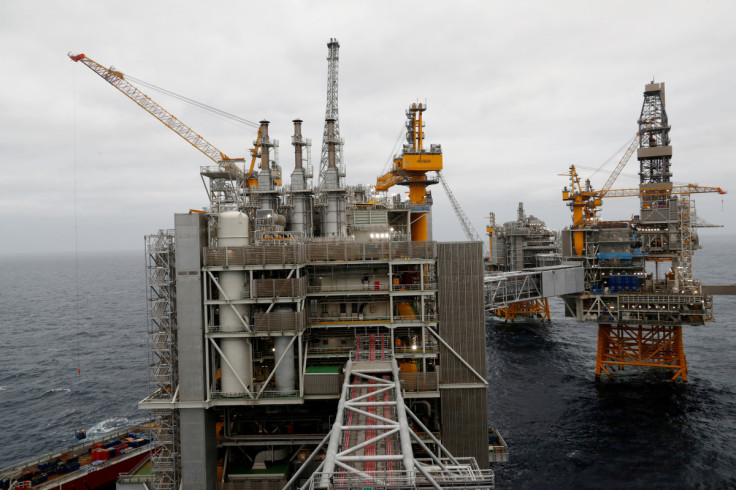Norway Beefs Up Security Across Oil And Gas Sector

Norway on Wednesday was beefing up security throughout its oil and gas sector to protect against possible sabotage after several countries said two Russian pipelines to Europe spewing gas into the Baltic had been attacked.
A military expert warned that the security of the Nordic country's oil sector, now Europe's largest gas supplier and a leading global oil supplier, may be too lax.
Gas leaks as a result of suspected sabotage discovered on the Nord Stream pipelines on Tuesday have roiled energy markets and heightened security concerns.
The Safe labour union, representing thousands of oil and gas workers, said its members feared attacks could also come against Norwegian offshore installations.
"We need to see proof that the government and the companies are taking measures to increase security offshore, perhaps by deploying military vessels," Safe leader Hilde-Marit Rysst told Reuters.
NATO and the European Union have stressed the need to protect critical infrastructure and warned of a "robust and united response" should there be more attacks.
"The Norwegian government has to realise that by far the most important strategic object in all of Europe now is the energy or gas imports from Norway," Tor Ivar Stroemmen, a senior lecturer at the Royal Norwegian Naval Academy, told Reuters.
"If those deliveries should be cut or stopped or reduced by a large amount, this would cause a complete energy crisis in Europe."
Norway has over 90 oil and gas fields, most of which are connected to a network of gas pipelines stretching some 9,000 km (5,590 miles).
Norway said on Tuesday it would strengthen security at oil and gas installations following the gas leaks in the Baltic Sea and reports of drone activities in the North Sea.
Equinor, Europe's largest gas supplier, said on Wednesday it had stepped up security measures at its installations.
Still, Prime Minister Jonas Gahr Stoere told news agency NTB that he saw no specific threat against Norway's offshore oil and gas sector and had not asked for military assistance from its allies.
Stroemmen is less convinced.
"You can never fully hinder sabotage against 8,800 kilometres of pipelines, that's impossible," he said, but added concerted action could make it harder for potential saboteurs to operate.
So far there is a lack of coordination between the oil and gas industry, police and the military, which all have different security responsibilities for on- and offshore installations, Stroemmen said. The government should hire specialised vessels capable of underwater surveillance readily available in Norway's large maritime industry, he suggested.
"Survey the gas lines, start continuous surveillance of all activity on the surface near those pipelines," Stroemmen said.
The Norwegian military was not immediately available for comment.
© Copyright Thomson Reuters 2024. All rights reserved.





















